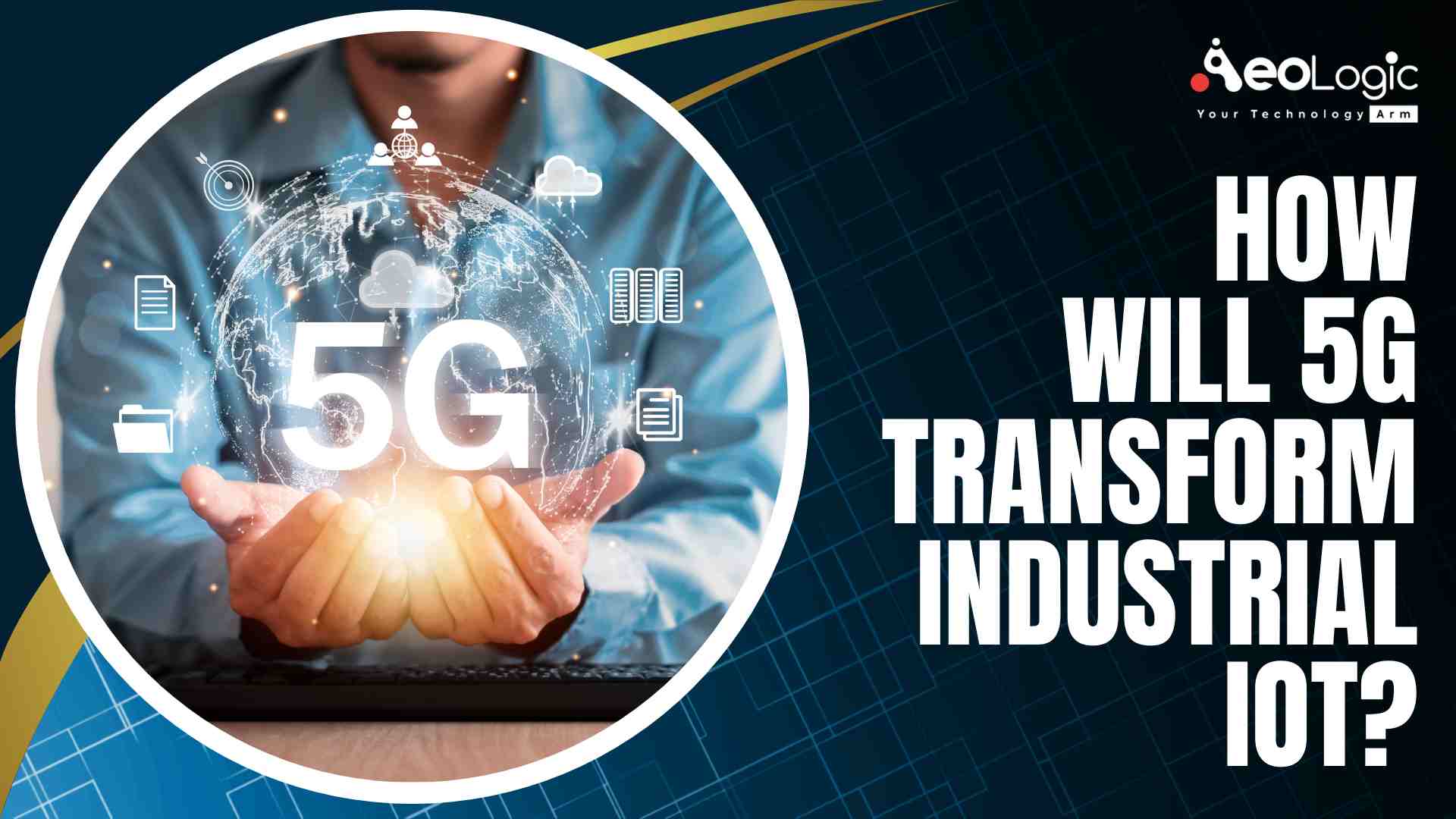The IoT has been a hot topic in the industry for quite some time. From manufacturing to mining, the idea of improving efficiency and safety using the Internet of Things is gaining traction. But how will 5G transform industrial IoT? What will 5G provide for your operation? In this article we’ll take a look at how 5G can help drive future innovations for industrial users.
Introduction
The Industrial Internet of Things (IoT) is the next major step in automation and process improvement. It involves connecting industrial equipment, machines, and processes to the cloud so they can be monitored remotely and controlled through software applications. This enables companies to cut costs, improve efficiency and increase productivity by reducing downtime due to malfunctioning equipment or workers not being available when needed most. However, there are challenges associated with IoT implementation including bandwidth limitations which can result from slow connection speeds.
Also Read: Why Is CRM Software a Game-changer When It Comes to Delivering Better Customer Experiences?
5G is Faster and more Dependable than current wireless Networks
You may already be familiar with the benefits of 5G, but let’s go over what it is and how it will impact your business.
5G is faster and more dependable than current wireless and mobile networks. It has been designed to support more devices per cell, more users per cell, and even more devices on one platform (such as an autonomous vehicle). This means that you can connect up to 1 million devices together with a single connection point in just one location.
5G Will Increase the Number of IoT Devices
The next generation of mobile networks will allow for an unprecedented number of connected devices to be connected at once, and from farther away than ever before. In fact, it’s estimated that by 2020 there could be as many as 50 billion IoT devices in use worldwide! This means more capacity for communication between these different types of hardware, which can lead to improved battery life and smaller form factors.
5G Will Provide More Connectivity in Rural Areas.
5G will provide rural areas with more connectivity. Rural areas are often less densely populated, so it’s difficult for them to get good connectivity. However, 5G will help users in these regions connect their IoT devices and use the cloud. This allows them to use the internet and access information from anywhere in the world at any time, which is especially important because many people living in rural areas don’t have access to high-speed internet at home or work (but you can read more about this topic here).
5G also allows remote workers who are working remotely from another office location around town or state away from their offices where they could easily be connected via Wi-Fi but may not have enough bandwidth on their mobile device when trying.
Also Read: The Role of AI in Education And Learning: Just Promises Or Revolution
Increased IoT Connectivity and 5G Will Improve Predictive Maintenance.
5G will provide increased connectivity in rural areas. The increased connectivity will allow faster data transfer and more reliable communication, which is critical for remote monitoring and predictive maintenance.
In addition to providing better connectivity, 5G will also allow for the expansion of connected devices into other industries beyond industrial IoT. For example, 5G will be able to support autonomous vehicles (AVs) by allowing AVs to communicate with one another while they’re traveling through urban environments or driving across country roads as part of their route planning process.
Faster Network Speeds May Lead to Enhanced Cloud Computing Capabilities.
Cloud computing is a fast, reliable, and dependable way to store data. It allows companies to access their information from anywhere at any time. The cloud also provides a stable environment where applications can run without interruption or downtime.
Cloud computing will enhance industrial IoT because it enables better decision-making through data analysis and increased processing power for real-time decision-making.
Enhanced connectivity may lead to autonomous vehicles doing more work around industrial facilities.
This may lead to autonomous vehicles doing more work around industrial facilities.
5G will allow for more autonomous vehicles to be used in industrial settings. Autonomous cars can be used to transport goods and materials, as well as perform maintenance and repairs on equipment at the facility.
Enhanced connectivity through 5G will lead to many positive changes for the IoT
The advent of 5G will make it possible for many more devices to be connected, which will lead to more data being collected. With the ability to send and receive information in real time, industries can use this information in order to make better decisions. For example, a farmer could monitor his crops from afar with the help of a smart phone app on his phone; if there is an outbreak or disease spreading among his plants then he would know immediately so that he can take action immediately before any damage is done.
This enhanced connectivity through 5G will also allow for more real-time data collection and analysis by companies looking for ways to improve efficiency across their operations as well as gain a competitive advantage over competitors who do not have access (or cannot afford) such advanced technology at the present time.
Conclusion
We hope this article has given you an idea of how 5G will transform industrial IoT. We’ve only touched on a few of the many ways in which 5G can improve your business, and there are many more where that came from. The future is bright for all things wireless.
Are you looking to implement 5G technology into your business? If yes, so, please feel free to contact us at support@aeologic.com
Related Blogs:
- How AI/ML Can Change the Public Transportation Industry
- Transforming Business With Digital Technology in the Oil Palm Industry in India
- Importance of Digital Asset Management in the Retail Industry
- How AI is Transforming the Agriculture Industry
- 10 Ways to Use Artificial Intelligence to Improve Business Processes
- The Future of IoT Technology in Convenience Stores
- Building Manufacturing Resilience Through AI and ML
Talk to us for a free consultation with our industry experts: support@aeologic.com









